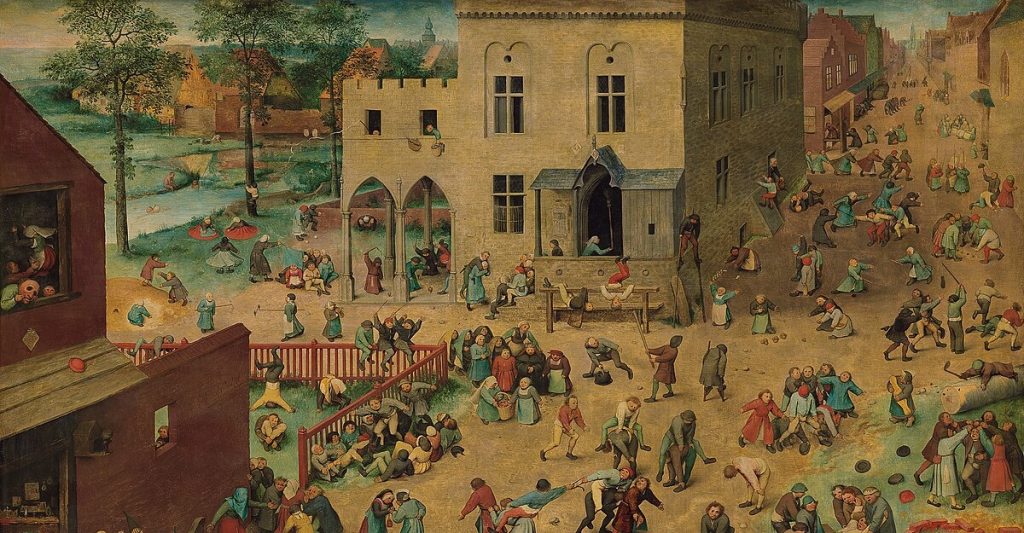
Shock Therapy for Bulgarian Football
Total management collapse, poor infrastructure, shameful results, and alienation of fans from the stadium, now even aided by water cannons. The agony of Bulgarian football has reached an incomprehensible low. An appointed match for the national team with empty stands, fights outside the stadium, and a middle finger for farewell seem to mark the end of the team in the Bulgarian Football Union (BFU).







![4liberty.eu N E W S L E T T E R [NOVEMBER 2023] 4liberty.eu N E W S L E T T E R [NOVEMBER 2023]](https://4liberty.eu/phidroav/2020/05/Cornelis_Norbertus_Gysbrechts_005.jpg)

